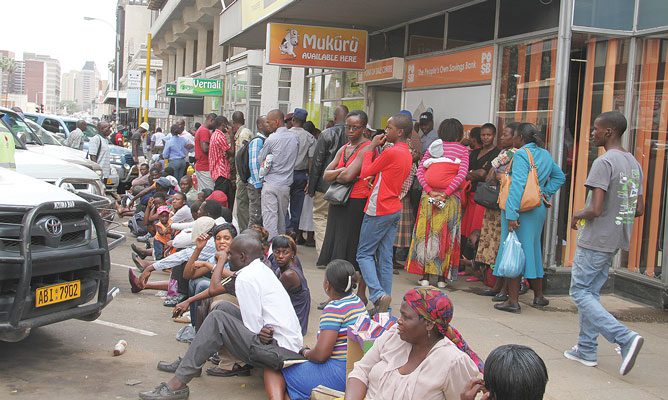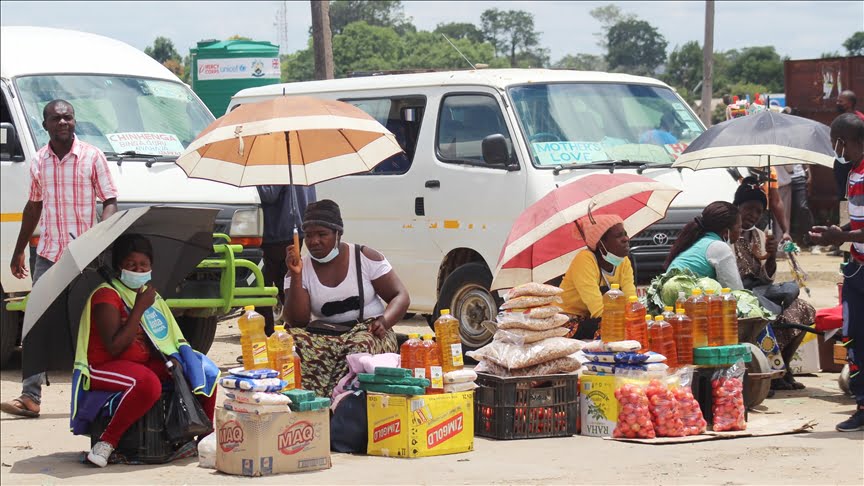For many of us, uncertainty and a lack of control trigger feelings of unsafety. Yet in the face of adversities, animosity, uncertainties and even explosive political seasons, these difficult emotions are an all too familiar baseline. More so, when we are surrounded by escalating risks and panic — ranging from fear for the health of ourselves and loved ones, financial uncertainty, and social unrest — it becomes increasingly difficult to be fully aware of the toll of these threats to the safety of our health, financial well-being, and community on our bodies and minds.
Whether you are a survivor, advocate, educator, or loved one, reflecting and noticing your thoughts, feelings, and body sensations is a gateway to self-care. For many of us, stress pulls us in the opposite direction, dampening our awareness of our bodies and breath and making it difficult to stay grounded and mindful.
Distress doesn’t just take a toll on us individually. Our own emotional health and connectedness to others is a protective factor that serves as a building block to prevent sexual assault, harassment, and abuse in our relationships, communities, and society. In a time when we are surrounded by suffering, it can be easy to dismiss our own everyday experiences of loss and hardship. For many of us, separating ourselves from and numbing these difficult emotions is also a coping strategy that has helped us survive the adversity we have faced and keep ourselves afloat. The fact that taking care of ourselves as individuals impacts our community as a whole reminds us that self-care is not selfish. If your goal is to help other people, then you first have to look after yourself first.
Protecting and preserving ourselves is survival in times of crisis and uncertainty. Practicing self-care is an act of compassion toward healing ourselves and the world around us. You are not alone if you are finding it difficult to take care of your physical, emotional, and mental health during this time when both the resources inside and beyond ourselves are so limited. Here are a few simple strategies that may be helpful during difficult and unsettling times:

- Drink water and stay hydrated.
- Be gentle with yourself and others by letting go of judgemental thoughts.
- Try and slow down to notice your pattern and pace of breathing. Is your breath slow and steady? Fast and shallow?
- Scan your body and notice where you may be holding tension and tightness. What feels tense? Are there areas of chronic pain or discomfort?
- Consider placing your open palm over your heart while you notice the rise and fall of your chest.
- Use the sights, scents, and sounds that bring you comfort to change your surroundings such as looking out the window, lighting a candle, or playing your favorite playlist.
- Find grounding in your purpose. Remember your own unique “north star” that has helped guide you through other challenging times. Focus on what brings you inspiration and meaning.
- Set boundaries to guard against information overload and excessive screen time. In times of crisis, it’s important to preserve our taxed nervous systems by limiting exposure to news and social media.
- Reach out to a friend or caring person by phone, social media, text, or email. Both connecting with those who can support us or checking in on those who may also need support is uplifting.
Remember, acknowledging tough feelings and the areas where you are struggling is enough. Just reading this blog and knowing you are not alone in feeling overloaded, and exploring why that might be, is a compassionate step that can be a meditative form of self-care.
Lesson 1. Slow It Down
In work, and life in general, some events call for quick action and swift decisions. However, when I look back, practically any error I made was because I didn’t slow down the process or decision. A crisis environment feeds a constant sense of urgency. If not critically considered, everything is seen as an emergency. In that mindset, fast decisions and hasty actions can too often result in situations that require much more energy and resources to clean up or correct later.
I saw early into my role at the emergency shelter that adrenaline addiction is real. Many folks attracted to the field, and to crisis work in particular, are prone. If a crisis doesn’t exist, they make one. In this adrenaline-rush mind-set, group-think and other fallacies in thinking run rampant.
Emergencies must be dealt with decisively. However, once an immediate life endangerment situation is handled, it’s important to slow down and thoughtfully consider next steps. And “slowing it down” may simply mean 20 minutes of thoughtful consultation with a colleague. Also, protocols should be in place to help discern and deal with urgent matters competently and ethically. Hopefully, these protocols are in place before an initial crisis, but certainly as soon as possible afterwards. Instead of charging ahead, it’s important to slow it down to respond efficiently and effectively, not react frantically.
Current Application: Even amidst this global crisis, be intentional about slowing down decisions for more deliberative and efficient practice.
Lesson 2. Be Vigilant About Your Own Well-Being
The adrenaline addiction noted above is complementary to a sense of constant availability. Need complex is common. My years in this emergency services environment were some of the most stressful of my career. Residential care is 24/7! As an administrator, I was constantly on call. For years after leaving that position, I flinched when I heard a phone ring. It was associated with knowing any call could be a crisis.
This adrenaline addiction, constant availability, need complex, and other toxic phenomena dominated the organizational culture. I learned quickly, although not easily, that I had to take care of myself, because the agency wouldn’t. I realized that, as a supervisor, I had a further responsibility to model and try to foster self-care for my staff. I learned to practice self-care, as a matter of survival. Yes, in a crisis-driven context, I began treating my own well-being as an urgent priority.
Current Application: Although it might seem like the worst time, this COVID-19 crisis context can be the best time to learn how to prioritize your self-care.
Lesson 3. No Superheroes!
In the emergency shelter, the work was essential and resources were insufficient. One of the most important self-care strategies I instituted was leaving work—at the end of the day, on weekends, and during vacations! The work was never done. But I knew I couldn’t do it all. I learned to know my limits, build a good team, and seek out trustworthy colleagues. Mostly, I learned that being a dedicated social worker doesn’t require me to be an invincible, self-less superhero who soars into the crisis. It requires me to be a competent professional who cares about people, including myself.
Current Application: You’re a human being, not a superhero. Be ethical and competent, which includes practicing self-care.
During crises, often our first instinct is to sacrifice our own needs for the sake of serving others. It’s imperative to always balance caring for others with maintaining our own health. Slowing things down, being vigilant about our own self-care, and recognizing that we aren’t superhuman are some of the ways we can sustain ourselves during challenging times, such as crisis, and throughout our careers.


